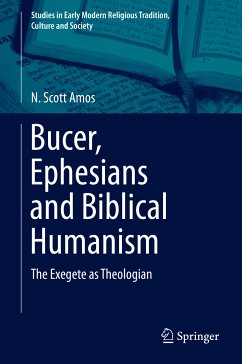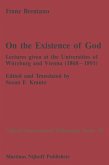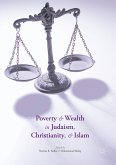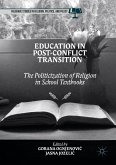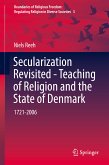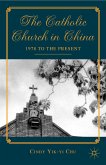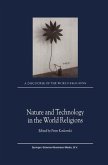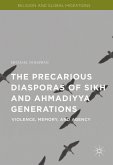This book considers Martin Bucer (1491-1551) as a teacher of theology, focusing on his time as Regius Professor of Divinity at the University of Cambridge between 1549 and 1551. The book is centered on Bucer's Cambridge lectures on Ephesians (1550-1551), analyzing them to find out how they display his method of teaching and "doing" theology, and in particular how they shed light on the relationship between biblical exegesis and theological formulation as he understood it. Divided into two interconnected parts, the first part establishes the historical context for the lectures, including a broad sketch of scholastic method in theology and the biblical humanist critique of, and alternative to, that method. The second part closely examines Bucer's practice in his Cambridge lectures, showing the extent to which he was a theologian of the biblical humanist school, influenced (from early in his career) by the method Erasmus set forth in the Ratio Verae Theologiae in which true theology begins, ends, and is best done as an exercise in the exegesis of the Word of God
Dieser Download kann aus rechtlichen Gründen nur mit Rechnungsadresse in A, B, BG, CY, CZ, D, DK, EW, E, FIN, F, GR, HR, H, IRL, I, LT, L, LR, M, NL, PL, P, R, S, SLO, SK ausgeliefert werden.
Hinweis: Dieser Artikel kann nur an eine deutsche Lieferadresse ausgeliefert werden.

